Browse
By Subject: History: World War II
View: By Date | Alphabetical | eBooks | Paperbacks
-
eBook available
 Published December 2023
Published December 2023 After Liberation
Toward a Sociology of the Shoah
Selected EssaysAdler, H. G.
This collection gathers together, for the first time in English, some of H.G. Adler’s most important scholarly essays on the Shoah and connected themes. Spanning his thought across three decades they focus on the fate of the ‘coerced’ human being and reflect on freedom, enslavement, terror, dread, charisma, loneliness, and ideology.
Subjects: Genocide History Jewish Studies History: World War II
Hb -
eBook available
 Published January 2016
Published January 2016 The Anatomy of Murder
Ethical Transgressions and Anatomical Science during the Third Reich
Hildebrandt, S.
Of the many medical specializations to have been transformed by the rise of National Socialism, anatomy has received little attention. As historian and physician Sabine Hildebrandt reveals, anatomists progressed through gradual stages of ethical transgression; in some cases, the traditional model of working with deceased bodies gave way to experimentation with the “future dead.”
Subjects: History: World War II Genocide History
Hb
Paperback available -
eBook available
 Published November 2006
Published November 2006 The Arts in Nazi Germany
Continuity, Conformity, Change
Huener, J. & Nicosia, F. (eds)
Subjects: History: World War II Cultural Studies (General)
Hb
Paperback available -
 Published January 2002
Published January 2002 'Aryanisation' in Hamburg
The Economic Exclusion of Jews and the Confiscation of their Property in Nazi Germany
Bajohr, F.
Subjects: History: World War II Jewish Studies
Hb
Paperback available -
eBook available
 Published October 2023
Published October 2023 Audiences of Nazism
Using Media in the Third Reich
Weckel, U.
Innovating against the considerable gap in research surrounding historical media reception within Nazi Germany, Audiences of Nazism finds sources of actual audience responses to critically engage with the Third Reich’s media production legacy.
Subjects: History: World War II Media Studies
Hb -
eBook available
 Published April 2023
Published April 2023 The Burden of German History
A Transatlantic Life
Jarausch, K. H.
The Burden of Germany History is Konrad H Jarausch’s much anticipated transatlantic autobiography set against the development and transformation of German studies over the past half-century. Using his life story, Jarausch’s concurrent life in the US and Germany brings us a self-critical historiography of a twentieth-century Germany that was wrestling with the responsibility for war and genocide.
Subjects: History: 20th Century to Present Genocide History History: World War II
Hb -
eBook available
 Published April 2024
Published April 2024 Cinematically Transmitted Disease
Eugenics and Film in Weimar and Nazi Germany
Hales, B.
The roots of German National Socialist policies have strong connections to Weimar era circulation of medical hygiene propaganda films that conveyed strong connections between scientific legitimacy between racial superiority, genetically spread “incurable” diseases, and the degradation of the German national population.
Subjects: Film and Television Studies History: World War II Media Studies
Hb -
eBook available
 Published September 2017
Published September 2017 Compensation in Practice
The Foundation 'Remembrance, Responsibility and Future' and the Legacy of Forced Labour during the Third Reich
Goschler, C. (ed)
The German Foundation “Remembrance, Responsibility and Future” is one of the largest transitional justice initiatives in history. This volume provides an unparalleled look at its creation, operations, and future prospects, bringing together the work of historians who were granted unrestricted access to its records, and offering nuanced, clear-eyed analysis of its successes and missteps.
Subjects: History: 20th Century to Present History: World War II
Hb -
eBook available
 Published May 2022
Published May 2022 Continental Transfers
Cultural and Political Exchange among Spain, Italy and Argentina, 1914-1945
Fuentes Codera, M. & Dogliani, P. (eds)
The cultural and political connections between Spain, Italy and Argentina developed complex transnational transfers over the course of two World Wars. Bringing together scholars from all three nations, Continental Transfers configures a multidirectional approach to the nations’ reciprocal exchange using new theoretical ground to understand the development links to the construction of national and supranational identities, such as Latinism and Hispanism.
Subjects: History: 20th Century to Present History: World War I History: World War II
Hb -
eBook available
 Published June 2024
Published June 2024 Courage and Compassion
A Jewish Boyhood in German-Occupied Greece
Molho, T.
Tony Molho tells a dramatic story of survival under the most adverse conditions during the Holocaust. A historian himself now telling his own story, Molho writes an autobiographical text that speaks of a Jewish childhood in Greece during World War II and the Axis Occupation.
Subjects: Jewish Studies History: World War II Genocide History
Hb
Paperback available -
eBook available
 Published May 2011
Published May 2011 The Devil's Captain
Ernst Jünger in Nazi Paris, 1941-1944
Mitchell, A.
Subjects: History: World War II Cultural Studies (General) Literary Studies
Hb
Paperback available -
eBook available
 Published November 2022
Published November 2022 The Diary of Lt. Melvin J. Lasky
Into Germany at the End of World War II
Lerg, C. A. (ed.)
The Diary of Lt. Melvin J. Lasky reproduces and critically examines Melvin J. Lasky’s diary, which expounds intense and insightful notes on German realities following the aftermath of World War Two and the ideological conflicts between the East and West.
Subjects: History: World War II History: 20th Century to Present Literary Studies
Hb
Paperback available -
eBook available
 Published June 2021
Published June 2021 Do Not Forget Me
Three Jewish Mothers Write to Their Sons from the Thessaloniki Ghetto
Saltiel, L. (ed)
Following the Axis invasion of Greece, the Nazis began persecuting the country’s Jews as they had across occupied Europe, beginning with small indignities and culminating in mass imprisonment and deportations. Among the many Jews confined to the Thessaloniki ghetto during this period were Sarina Saltiel, Mathilde Barouh, and Neama Cazes—three women bound for Auschwitz who spent the weeks before their deportation writing to their sons.
Subjects: Jewish Studies History: World War II Genocide History
Hb
Paperback available -
 Published June 2015
Published June 2015 The Enemy on Display
The Second World War in Eastern European Museums
Bogumił, Z., Wawrzyniak, J., Buchen, T., Ganzer, C. & Senina, M.
Eastern European museums represent the traumatic events of World War II, such as the Siege of Leningrad, the Warsaw Uprisings, and the bombardment of Dresden, in ways that cast the enemy in a specific light. This image results from the interweaving of historical representations, cultural stereotypes and beliefs, political discourses, and the dynamics of exhibition narratives. This book presents a useful methodology for examining museum images and provides a critical analysis of the role historical museums play in the contemporary world. As the catastrophes of World War II still exert an enormous influence over the national identities of Russians, Poles, and Germans, museum exhibits can play an important role in this process.
Subjects: Museum Studies History: World War II Memory Studies
Hb
Paperback available -
eBook available
 Published April 2007
Published April 2007 Escape From Hell
The True Story of the Auschwitz Protocol
Wetzler, A.
Subjects: Jewish Studies History: World War II Literary Studies
Hb
Paperback available -
 Published August 2001
Published August 2001 Europe in Exile
European Exile Communities in Britain 1940-45
Conway, M. & Gotovitch, J. (eds)
Subjects: History: World War II History: 20th Century to Present
Hb
Paperback available -
 Published March 1999
Published March 1999 European Memories of the Second World War
Peitsch, H., Burdett, C. & Gorrara, C. (eds)
Subjects: History: World War II Memory Studies
Hb
Paperback available -
eBook available
 Published December 2010
Published December 2010 Experience and Memory
The Second World War in Europe
Echternkamp, J. & Martens, S. (eds)
Subjects: History: World War II Memory Studies
Hb
Paperback available -
eBook available
 Published October 2006
Published October 2006 Exploitation, Resettlement, Mass Murder
Political and Economic Planning for German Occupation Policy in the Soviet Union, 1940-1941
Kay, A.
Subjects: History: World War II Genocide History
Hb
Paperback available -
 Published May 1996
Published May 1996 Fascism and Theatre
Comparative Studies on the Aesthetics and Politics of Performance in Europe, 1925-1945
Berghaus, G. (ed)
Subjects: Performance Studies History: World War II Literary Studies
Hb
Paperback available -
eBook available
 Published February 2024
Published February 2024 Fascist Europe
From Italian Supremacy to Subservience to the Reich (1932-1943)
Fioravanzo, M.
Examining the unexplored project for a new European order developed by Italian intellectuals, Fascist Europe reconstructs the theoretical debates that shaped relationships between Fascist Italy, the Nazi Reich, and other Axis nations. In doing so it sheds light on how much the order may have prospectively united or divided the Fascist regime and the Nazi Reich in the post-war order.
Subjects: History: 20th Century to Present History: World War II
Hb -
eBook available
 Published September 2013
Published September 2013 A Fatal Balancing Act
The Dilemma of the Reich Association of Jews in Germany, 1939-1945
Meyer, B.
“Beate Meyer has chosen to research a serious subject that is by any standard difficult and painful to confront in an honest way… The book is a careful, detailed study of the Reich Association of Jews in Germany.” · Canadian Journal of History
“[The author] keeps the focus on the individual without ever losing sight of the overall crime. This book…can be considered as an essential contribution to the history of the extermination of the German Jews.” · Bulletin of the Fritz Bauer Institute, Frankfurt
“Beate Meyer succeeds in producing a nearly complete picture of procedures and decisions within the organization. In addition she describes openly but not without empathy the diverse, often narrow perspectives and possibilities of responsible individuals in their respective situation.” · Sehepunkte
Subjects: History: World War II Jewish Studies Genocide History
Hb
Paperback available -
 Published November 2009
Published November 2009 The 'Final Solution' in Riga
Exploitation and Annihilation, 1941-1944
Angrick, A., Klein, P. & Brandon R.
Subjects: History: World War II Genocide History Jewish Studies
Hb
Paperback available -
 Published December 2003
Published December 2003 Flight of Fantasy
New Perspectives on Inner Emigration in German Literature 1933-1945
Donahue N.H. & Kirchner D. (eds)
Subjects: Literary Studies History: World War II
Hb
Paperback available -
eBook available
 Published March 2010
Published March 2010 'For Their Own Good'
Civilian Evacuations in Germany and France, 1939-1945
Torrie, J. S.
The early twentieth-century advent of aerial bombing made successful evacuations essential to any war effort, but ordinary people resented them deeply. Based on extensive archival research in Germany and France, this is the first broad, comparative study of civilian evacuations in Germany and France during World War II
Subject: History: World War II
Hb
Paperback available -
 Forthcoming March 2026
Forthcoming March 2026 Forced Labor for Siemens in the Women’s Concentration Camp Ravensbrück
Reports from Contemporary Witnesses
International Friends Association of the Ravensbrück Memorial (Eds)
In 1942-1945, Siemens & Halske AG maintained an armaments factory adjacent to the Ravensbrück women's concentration camp, where up to 2,300 female prisoners were deployed in forced labor. This volume contains the testimonies of Ravensbrück survivors, shedding light on the system of forced labor in the context of the concentration camp
Subjects: Genocide History Jewish Studies History: World War II
-
 Published November 1996
Published November 1996 Forging the Collective Memory
Government and International Historians through Two World Wars
Wilson, K. (ed)
Subjects: History: World War I History: World War II Memory Studies
Hb
Paperback available -
 Published November 2000
Published November 2000 France At War in the Twentieth Century
Propaganda, Myth, and Metaphor
Holman, V. & Kelly, D. (eds)
Subjects: History: 20th Century to Present History: World War I History: World War II Media Studies
Hb
Paperback available -
 Published May 2005
Published May 2005 France in the Era of Fascism
Essays on the French Authoritarian Right
Jenkins, B. (ed)
Subject: History: World War II
Hb
Paperback available -
eBook available
 Published August 1997
Published August 1997 The French Defeat of 1940
Reassessments
Blatt, J. (ed)
Subject: History: World War II
Hb
Paperback available -
 Published January 1997
Published January 1997 From Peace to War
Germany, Soviet Russia, and the World, 1939-1941
Wegner, B.
Subject: History: World War II
Hb -
eBook available
 Published October 2025
Published October 2025 Gendarmes, Bureaucrats, and Jews
A Documentary History of the Destruction of Hungary’s Jews, Spring-Summer 1944
Schulmann, J. F., Rich, D. A., & Molnár, J. (eds)
An illuminating chronicle of the concentration, ghettoization, and deportation of Hungarian Jews in 1944-1945, Gendarmes, Bureaucrats, and Jews presents, for the first time in English, the key primary sources from the period, documenting how this genocidal program was facilitated by both the Nazi regime and the Hungarian state.
Subjects: Jewish Studies Genocide History History: World War II
Hb -
eBook available
 Published September 2025
Published September 2025 German Elementary Education from 1890 to 1945
Lessons about Religion, Home, and Fatherland
Kennedy, K.
Analyzing the correlation between the educational system and ideas about religion, community, and nationhood, German Elementary Education from 1890 to 1945 highlights how an investment in children’s moral and national education united the Wilhelmine, Weimar, and Nazi eras, providing a vital lens for charting the continuities and changes within German society.
Subjects: History: World War I History: World War II Genocide History
Hb -
 Published January 2015
Published January 2015 The Greater German Reich and the Jews
Nazi Persecution Policies in the Annexed Territories 1935-1945
Gruner, W. & Osterloh, J. (eds)
Between 1935 and 1940, the Nazis incorporated large portions of Europe into the German Reich. The contributors to this volume analyze the evolving anti-Jewish policies in the annexed territories and their impact on the Jewish population, as well as the attitudes and actions of non-Jews, Germans, and indigenous populations.
Subjects: History: World War II Genocide History
Hb
Paperback available -
eBook available
 Published June 2025
Published June 2025 Hammerstein’s Daughters
An Aristocratic Family Caught Between Tradition and Resistance
Paasche, G.
An enlightening chronicle of General Kurt von Hammerstein’s daughters, Marie Louise, Maria Therese, and Helga, and their attempts to thwart Hitler’s regime, this book provides an unrivalled insight into an overlooked history of tradition, resistance, adaptation, and rebellion in Nazi Germany.
Subjects: History: World War II History: 20th Century to Present Genocide History
Hb -
 Published July 2010
Published July 2010 Histories of the Aftermath
The Legacies of the Second World War in Europe
Biess, F. & Moeller, R. G. (eds)
Subject: History: World War II
Hb -
eBook available
 Published December 2025
Published December 2025 A History of the I.G. Farben Trial
Armament, Exploitation, Auschwitz
Lindner, S.
In this exacting examination of the history of the I.G. Farben trial, Stephan H. Lindner charts the build up and aftermath of this watershed event, in order to highlight its implications for understanding the complexities of corporate social responsibility and of putting the military-industrial complex on trial.
Subjects: History: World War II History: 20th Century to Present Genocide History
Hb -
 Published June 2003
Published June 2003 Hitler's Dancers
German Modern Dance and the Third Reich
Karina, L & Kant, M.
Subjects: Performance Studies History: World War II Gender Studies and Sexuality
Hb
Paperback available -
eBook available
 Published August 2012
Published August 2012 Hitler's Plans for Global Domination
Nazi Architecture and Ultimate War Aims
Thies, J.
Subject: History: World War II
Hb
Paperback available -
 Published December 2008
Published December 2008 Hitler's War in the East, 1941-1945. (3rd Edition)
A Critical Assessment
Müller, R.-D. & Ueberschär, G.R.
Subject: History: World War II
Pb -
eBook available
 Published August 2012
Published August 2012 The Holocaust and Historical Methodology
Stone, D. (ed)
Subjects: Genocide History History: World War II
Hb
Paperback available -
 Forthcoming June 2026
Forthcoming June 2026 The Hunted
The Holocaust through the Experiences of Twenty European Jews
Welch, S.
A ground-level history of the Holocaust, told through the voices of twenty European Jews. Drawing from diaries and memoirs, it reveals a multiplicity of experiences across countries, classes, and religious backgrounds. Each chapter traces a single year in the protagonists’ lives, placing personal decisions within the context shifting Nazi policies.
Subjects: Jewish Studies Genocide History History: World War II
-
eBook available
 Published June 2022
Published June 2022 In the Shadow of Auschwitz
German Massacres against Polish Civilians, 1939–1945
Brewing, D.
An in-depth analysis of German massacres in Poland over the whole period of German occupation during the Second World War, this innovative study recounts the widely forgotten ethnic Polish civilian victims. Using both German and Polish sources, In the Shadow of Auschwitz uncovers for the first time the depredations that were inflicted on Polish society under Nazi rule.
Subjects: Genocide History History: World War II
Hb -
eBook available
 Published October 2016
Published October 2016 Incarceration and Regime Change
European Prisons during and after the Second World War
De Vito, C. G., Futselaar, R., & Grevers, H. (eds)
During the “long” Second World War, military mobilization, social disorder, and political changes swelled the ranks of the imprisoned and broadened the carceral reach of the state. This volume brings together theoretically sophisticated, empirically rich studies of key transitional moments that transformed European prisons during and after the war.
Subjects: History: World War II History: 20th Century to Present
Hb -
eBook available
 Published March 2019
Published March 2019 The Indoctrination of the Wehrmacht
Nazi Ideology and the War Crimes of the German Military
Sait, B.
Far from the image of an apolitical, “clean” Wehrmacht that persists in popular memory, German soldiers regularly cooperated with organizations like the SS in the abuse and murder of countless individuals. This in-depth study reveals that military indoctrination was but one piece of the larger effort at the socialization of young men during the Nazi era.
Subjects: History: World War II Genocide History History: 20th Century to Present
Hb
Paperback available -
eBook available
 Published July 2010
Published July 2010 Jewish Life in Nazi Germany
Dilemmas and Responses
Nicosia, F. & Scrase, D. (eds)
Subjects: Jewish Studies History: World War II Genocide History
Hb
Paperback available -
 Published September 2014
Published September 2014 Jewish Medical Resistance in the Holocaust
Grodin, M. A. (ed)
Based on archival materials and featuring memoirs of Holocaust survivors, this volume offers a rich array of both tragic and inspiring studies of the sanctification of life as practiced by Jewish medical professionals. More than simply a medical story, these histories represent the finest exemplification of a humanist moral imperative during a dark hour of recent history.
Subjects: Genocide History History: World War II
Hb
Paperback available -
 Published March 2011
Published March 2011 The Kings and the Pawns
Collaboration in Byelorussia during World War II
Rein, L.
Subject: History: World War II
Hb
Paperback available -
eBook available
 Published March 2013
Published March 2013 The Law in Nazi Germany
Ideology, Opportunism, and the Perversion of Justice
Steinweis, A. E. & Rachlin, R. D. (eds)
Subjects: History: World War II History: 20th Century to Present
Hb
Paperback available -
eBook available
 Published August 2011
Published August 2011 The Legacies of Two World Wars
European Societies in the Twentieth Century
Kettenacker, L. & Riotte, T. (eds)
Subjects: History: 20th Century to Present History: World War I History: World War II
Hb
Paperback available -
eBook available
 Published December 2015
Published December 2015 Matters of Testimony
Interpreting the Scrolls of Auschwitz
Chare, N. & Williams, D.
In 1944, a number of Sonderkommando—“special squads” of Jewish prisoners who kept the gas chambers running smoothly—buried on the grounds of Auschwitz a series of remarkable eyewitness accounts. This study reconstructs their history and textual content, revealing literary works that raise troubling questions about the nature of testimony.
Subjects: Genocide History History: World War II Jewish Studies
Hb
Paperback available -
eBook available
 Published May 2002
Published May 2002 Medicine and Medical Ethics in Nazi Germany
Origins, Practices, Legacies
Nicosia, F.R. & Huener, J. (eds)
Subjects: History: World War II Genocide History
Hb
Paperback available -
eBook available
 Published December 2016
Published December 2016 Microhistories of the Holocaust
Zalc, C. & Bruttmann, T. (eds)
Increasingly, recent historical scholarship has demonstrated a willingness to study the Holocaust at scales as focused as a single neighborhood or family. This volume brings together scholars to reflect on the ongoing microhistorical turn in Holocaust studies, assessing its historiographical pitfalls as well as the distinctive opportunities it affords researchers.
Subjects: Genocide History History: World War II Jewish Studies
Hb
Paperback available -
eBook available
 Published October 2017
Published October 2017 Modern Germany in Transatlantic Perspective
Meng, M. & Seipp, A. R. (eds)
Modern Germany in Transatlantic Perspective celebrates the extraordinary life and scholarly career of Konrad H. Jarausch, whose monumental work as a teacher, mentor, and builder of scholarly institutions, helped to inspire conversations about everything from the rise of Nazism to the history of the two Germanys.
Subjects: History: 20th Century to Present History: World War II
Hb -
 Published June 2008
Published June 2008 A Narrow Bridge to Life
Jewish Forced Labor and Survival in the Gross-Rosen Camp System, 1940-1945
Gutterman, B
Subjects: Jewish Studies History: World War II
Hb -
 Published January 2000
Published January 2000 National Socialist Extermination Policies
Contemporary German Perspectives and Controversies
Herbert, U. (ed)
Subjects: History: World War II Genocide History Jewish Studies
Hb
Paperback available -
eBook available
 Published June 2013
Published June 2013 The Nazi Genocide of the Roma
Reassessment and Commemoration
Weiss-Wendt, A. (ed)
Subjects: Genocide History History: World War II
Hb
Paperback available -
 Published September 2011
Published September 2011 Nazi Labour Camps in Paris
Austerlitz, Lévitan, Bassano, July 1943-August 1944
Dreyfus, J.-M. & Gensburger, S.
Subjects: History: World War II Genocide History
Hb
Paperback available -
eBook available
 Published October 2008
Published October 2008 Nazi Paris
The History of an Occupation, 1940-1944
Mitchell, A.
Subject: History: World War II
Hb
Paperback available -
 Published June 1999
Published June 1999 Nazism in Central Germany
The Brownshirts in 'Red' Saxony
Szejnmann, C.-C.
Subject: History: World War II
Hb -
eBook available
 Published September 2019
Published September 2019 Nearly the New World
The British West Indies and the Flight from Nazism, 1933–1945
Newman, J.
In the years leading up to the Second World War, increasingly desperate European Jews looked to far-flung destinations such as the Barbados, Trinidad, and Jamaica in search of refuge. Nearly the New World tells the remarkable story of Jewish refugees who overcame persecution and sought safety in the West Indies from the 1930s through the end of World War II
Subjects: Jewish Studies Genocide History History: World War II Refugee and Migration Studies
Hb
Paperback available -
eBook available
 Published December 2004
Published December 2004 Networks of Nazi Persecution
Bureaucracy, Business and the Organization of the Holocaust
Feldman, G. & Seibel, W. (eds)
Subjects: History: World War II Genocide History
Hb
Paperback available -
eBook available
 Published November 2016
Published November 2016 Occupation in the East
The Daily Lives of German Occupiers in Warsaw and Minsk, 1939-1944
Lehnstaedt, S.
Following their occupation by the Third Reich, Warsaw and Minsk became home to tens of thousands of Germans. This study provides a nuanced portrait of their lives, as they acclimated to the daily routines of life in the East while helping to lay the groundwork for systematic mass murder.
Subject: History: World War II
Hb
Paperback available -
eBook available
 Published May 2020
Published May 2020 On the Edges of Whiteness
Polish Refugees in British Colonial Africa during and after the Second World War
Lingelbach, J.
From 1942 to 1950, nearly twenty thousand Poles found refuge from the horrors of World War II in camps within Britain’s African colonies, including Uganda, Tanganyika, and Kenya. On the Edges of Whiteness tells their improbable story, tracing the manifold, complex relationships that developed among refugees, their British administrators, and their African neighbors.
Subjects: History: World War II Refugee and Migration Studies Colonial History
Hb
Paperback available -
eBook available
 Published November 2024
Published November 2024 Operation Barbarossa and its Aftermath
New Approaches to a Complex Campaign
Rossoliński-Liebe, G. (ed)
An illuminating re-examination of the 1941 invasion of the Soviet Union, Operation Barbarossa and its Aftermath refocuses attention on the multiethnic nature of this military campaign, by considering the role played by troops from Slovakia, Romania, Italy, Spain, and others in Hitler’s plans for the Eastern Front and the Holocaust.
Subjects: History: 20th Century to Present History: World War II Genocide History
Hb -
eBook available
 Published October 2017
Published October 2017 The Participants
The Men of the Wannsee Conference
Jasch, H.-C., & Kreutzmüller, C. (eds)
Although the Wannsee Conference of January 20, 1942 is today understood as a signal episode in the history of the Holocaust, many of its attendees remain relatively unknown to nonspecialists. Combining accessible prose with scholarly rigor, The Participants presents fascinating profiles of the all-too-human men who implemented some of the most inhuman acts in modern history.
Subjects: Genocide History History: World War II
Hb
Paperback available -
eBook available
 Published April 2025
Published April 2025 Passing Misery
The Journal of a Forced Laborer in the Third Reich
Pasquiers, J. L. M. (au) & Thompson, R.L. (ed)
An illuminating translation of the journal of Jean Louis Mary Pasquiers, a former teacher and forced laborer, Passing Misery documents Pasquiers’ life within war-torn Europe, in unwilling service to the Nazi regime. In doing so, this book offers an unrivalled insight into the reality of collaboration and culpability during war.
Subjects: History: World War II Genocide History History: 20th Century to Present
Hb -
eBook available
 Published January 2024
Published January 2024 Poland under German Occupation, 1939-1945
New Perspectives
Huener, J. & Löw, A. (eds)
Poland under German Occupation, 1939-1945 explores questions of Polish-Jewish life that are rarely discussed and new methodological directions to advance debates on the complicity of Polish citizens during the mass murder of Jews under the nation’s Nazi occupation.
Subjects: History: World War II Genocide History Jewish Studies
Hb -
eBook available
 Published August 2012
Published August 2012 Reassessing the Nuremberg Military Tribunals
Transitional Justice, Trial Narratives, and Historiography
Priemel, K. C. & Stiller, A. (eds)
Subjects: History: World War II Genocide History
Hb
Paperback available -
eBook available
 Published January 2010
Published January 2010 Refugees From Nazi Germany and the Liberal European States
Caestecker, F. & Moore, B. (eds)
Subjects: History: World War II Refugee and Migration Studies
Hb
Paperback available -
 Forthcoming February 2026
Forthcoming February 2026 Remembering Resistance
A Jewish Memoir from Nazi-Occupied Budapest, 1944-45
Eger, A., Frojimovics, K. & Kovács , É. (Eds.)
An illuminating chronicle of the life and work of Jewish couple, László and Eugenia Szamosi, liberating oppressed Jews in Nazi-occupied Budapest, Remembering Resistance offers an unrivalled insight into a family’s personal history of resistance and provides a paradigm for mediating our methods of remembrance.
Subjects: Jewish Studies Genocide History History: World War II
-
eBook available
 Published December 2021
Published December 2021 Repressed, Remitted, Rejected
German Reparations Debts to Poland and Greece
Roth, K. H. & Rübner, H.
Greece and Poland have recently reignited debates on minimally settled reparations demands resulting from suffering under the terror of Nazi occupation during the Second World War. Using an international law perspective, this expansive volume reconstructs the German occupation of Poland and Greece and confronts German aversions to reparations debt.
Subjects: History: World War II History: 20th Century to Present
Hb -
 Published April 2005
Published April 2005 Rock of Contention
Free French and Americans at War in New Caledonia, 1940-1945
Munholland, K.
Subjects: History: World War II Colonial History
Hb
Paperback available -
 Published November 2004
Published November 2004 Sexuality and German Fascism
Herzog, D. (ed)
Subjects: History: World War II Gender Studies and Sexuality Cultural Studies (General) Gender Studies and Sexuality
Hb
Paperback available -
 Published February 2003
Published February 2003 Switzerland: National Socialism and the Second World War
Final Report of the Independent Commission of Experts
Independent Commission of Experts
Subject: History: World War II
Hb -
eBook available
 Published December 2012
Published December 2012 Territorial Revisionism and the Allies of Germany in the Second World War
Goals, Expectations, Practices
Cattaruzza, M., Dyroff, S. & Langewiesche, D. (eds)
Subjects: History: World War II History: 20th Century to Present
Hb
Paperback available -
eBook available
 Published June 2010
Published June 2010 Terror From the Sky
The Bombing of German Cities in World War II
Primoratz, I. (ed)
Subjects: History: World War II History: 20th Century to Present
Hb
Paperback available -
eBook available
 Published September 2019
Published September 2019 Testimonies of Resistance
Representations of the Auschwitz-Birkenau Sonderkommando
Chare, N. & Williams, D. (eds)
As eyewitnesses to and unwilling abettors of the murder of their fellow Jews, the Sonderkommando comprise one of the most fascinating and troubling topics within Holocaust history. This interdisciplinary collection assembles careful investigations into how the Sonderkommando have been represented—both by themselves and by others—during and since the Holocaust.
Subjects: History: World War II Genocide History Jewish Studies
Hb
Paperback available -
 Published October 2001
Published October 2001 Theatre and War 1933-1945
Performance in Extremis
Balfour, M.
Subjects: Performance Studies History: World War II Literary Studies
Hb
Paperback available -
eBook available
 Published June 2015
Published June 2015 To the Bomb and Back
Finnish War Children Tell Their World War II Stories
Saffle, S. (ed)
Between 1939 and 1945 some 80,000 Finnish children were sent to Sweden, Denmark, and elsewhere, ostensibly to protect them from danger while their nation’s soldiers fought superior Soviet and German forces. This is the first English-language account of Finland’s war children and their experiences, told through the survivors’ own words.
Subjects: History: World War II Memory Studies
Hb
Paperback available -
 Published July 2009
Published July 2009 The Train Journey
Transit, Captivity, and Witnessing in the Holocaust
Gigliotti, S.
Subjects: History: World War II Genocide History Memory Studies Transport Studies
Paperback available -
 Published December 1995
Published December 1995 The Triumph of Propaganda
Film and National Socialism 1933-1945
Hoffmann, H.
Subjects: History: World War II Film and Television Studies
Hb
Paperback available -
 Published May 2014
Published May 2014 Vanished History
The Holocaust in Czech and Slovak Historical Culture
Sniegon, T.
“This book opens up important issues not dealt with extensively in the historiography so far. Unlike with some other post-Communist countries, and Poland in particular, there hasn't been that much interest in the topic of commemoration and historicisation of the Holocaust in post-Communist Czechoslovakia…The author should be praised for the critical distance with which he approaches the historical cultures in both parts of former Czechoslovakia and its actors.” · Michal Frankl, Jewish Museum in Prague
Subjects: Genocide History History: World War II Jewish Studies
Hb
Paperback available -
eBook available
 Published January 2022
Published January 2022 The Vienna Gestapo, 1938-1945
Crimes, Perpetrators, Victims
Boeckl-Klamper, E., Mang, T., & Neugebauer, W.
The Vienna Gestapo was the most important instrument of Nazi terror on Austrian soil. Through expert historical analysis of the Vienna Gestapo in the years 1938-1945, this volume provides a comprehensive presentation of not only the victims of persecution but also of the structures, organization and individuals actively involved on the Gestapo side.
Subjects: History: World War II Jewish Studies
Hb
Paperback available -
eBook available
 Published January 2019
Published January 2019 Views of Violence
Representing the Second World War in German and European Museums and Memorials
Echternkamp, J. & Jaeger, S. (eds)
The modern vision of historical violence has been immeasurably influenced by cultural representations of the Second World War. This volume takes a historical perspective on World War II museums and explores how these institutions came to define the broader European, and even global, political contexts and cultures of public memory.
Subjects: Museum Studies History: World War II Memory Studies
Hb
Paperback available -
 Forthcoming April 2026
Forthcoming April 2026 Voices of the Dunera
Ernst Kitzinger, Exile and Essays on Internment
Spark, S., Garrett, K. & McNamara, A.
Ernst Kitzinger, a 20th-Century art historian, was one of 2,500 men arrested in 1940 as ‘enemy aliens’ and deported from Britain to Australia aboard the HMT Dunera. Incarcerated in Hay, Kitzinger and his fellow internees mused on their lot through powerful prose and poetry, published here for the first time.
Subjects: Jewish Studies History: World War II Genocide History Refugee and Migration Studies
-
eBook available
 Published June 2020
Published June 2020 Voices on War and Genocide
Three Accounts of the World Wars in a Galician Town
Bartov, O. (ed)
Taking as its point of departure Omer Bartov’s acclaimed recent monograph Anatomy of a Genocide, this volume brings together three extensive and previously unknown accounts of residents from the Ukrainian town of Buczacz, covering events during and between both world wars.
Subjects: History: World War II Jewish Studies Genocide History
Hb
Paperback available -
 Published April 1996
Published April 1996 The War for the German Mind
Re-educating Hitler's Soldiers
Smith, A. L.
Subject: History: World War II
Hb -
 Published October 2000
Published October 2000 War of Extermination
The German Military in World War II
Heer, H. & Naumann. K. (eds)
Subjects: History: World War II Genocide History
Hb
Paperback available -
eBook available
 Published June 2025
Published June 2025 Women’s Zionism Worldwide, 1897–1948
Katzburg-Yungman, M.
A geographically wide-ranging study of women’s Zionist history, Women’s Zionism Worldwide seeks to provide a reassessment of the activities, aims, and achievements of women-led organizations, highlighting the impact their role had on Zionist ideology and gender relations.
Subjects: Jewish Studies History: 20th Century to Present History: World War II
Hb

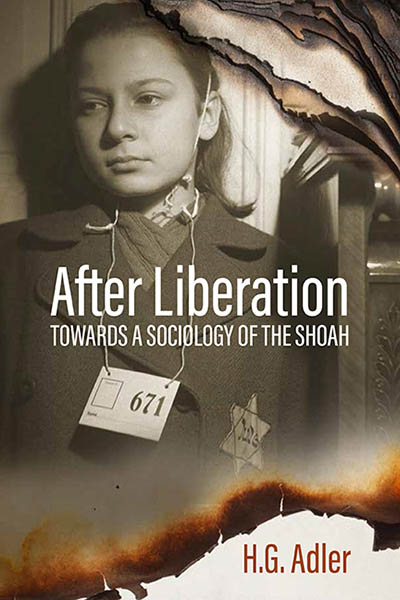 Published December 2023
Published December 2023 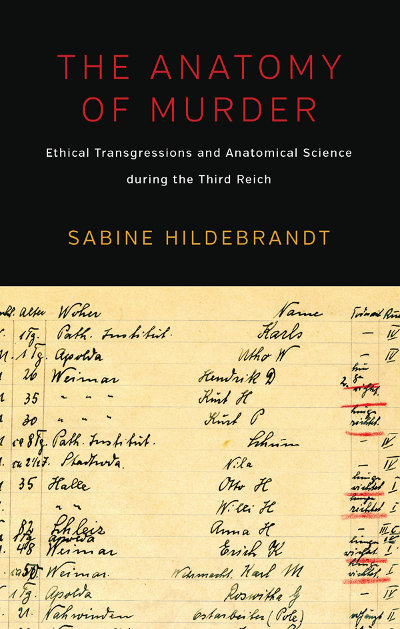 Published January 2016
Published January 2016 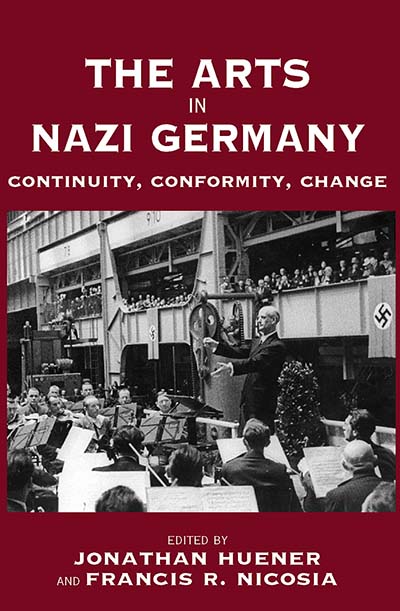 Published November 2006
Published November 2006 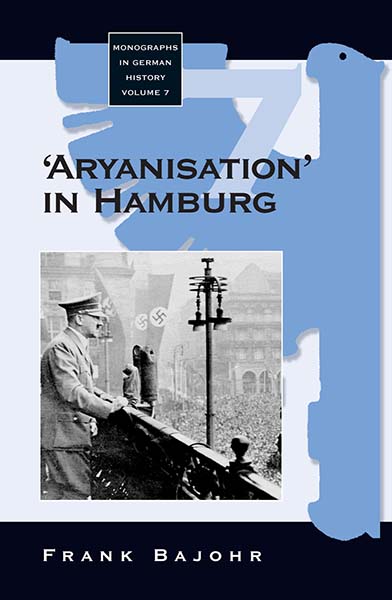 Published January 2002
Published January 2002 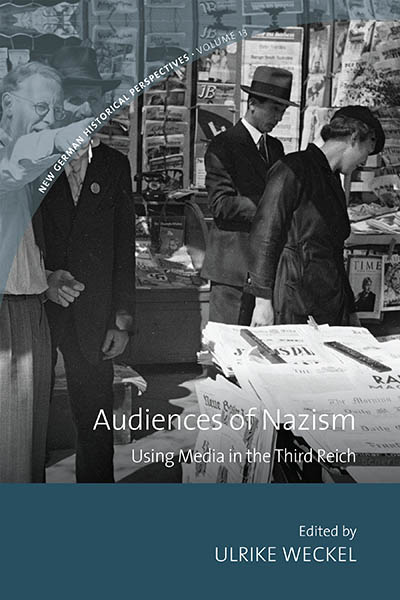 Published October 2023
Published October 2023 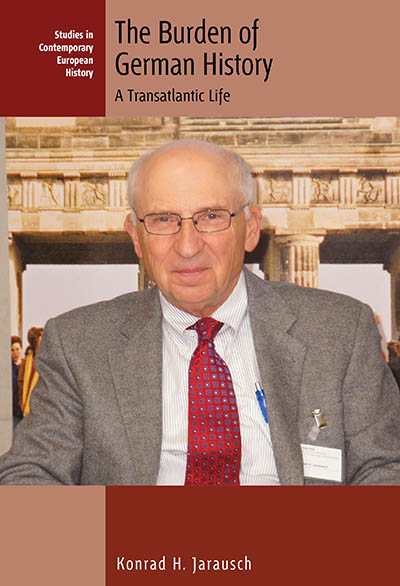 Published April 2023
Published April 2023 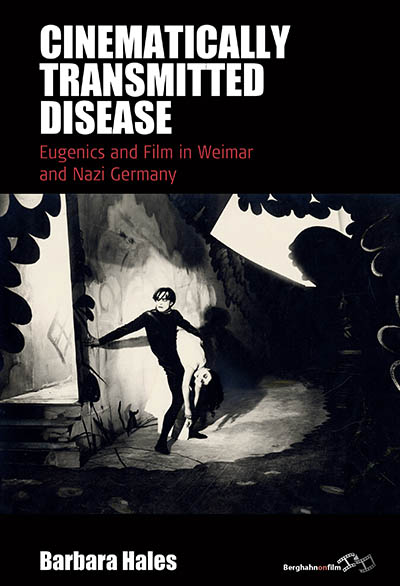 Published April 2024
Published April 2024 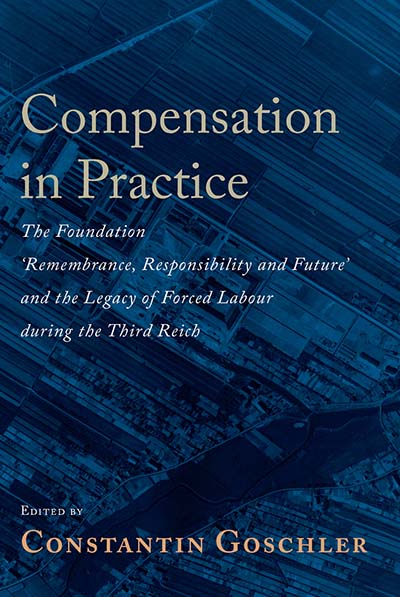 Published September 2017
Published September 2017 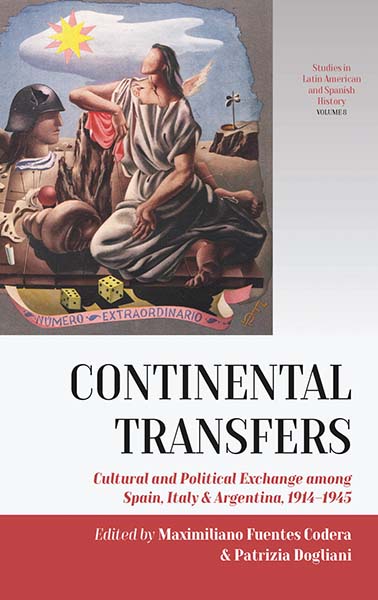 Published May 2022
Published May 2022 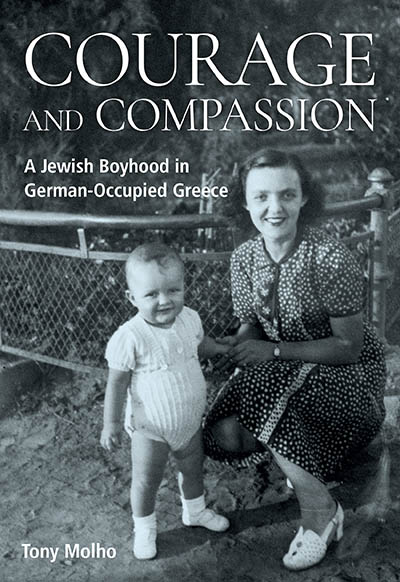 Published June 2024
Published June 2024 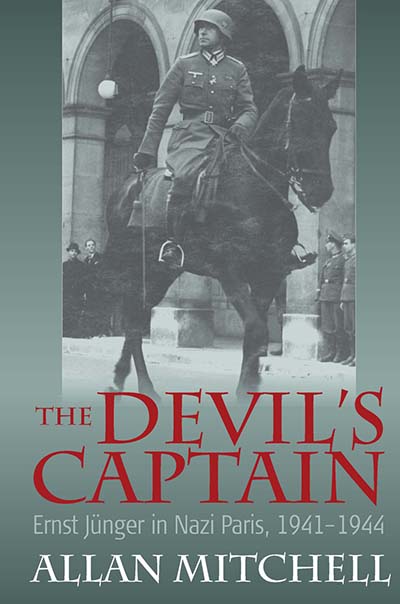 Published May 2011
Published May 2011 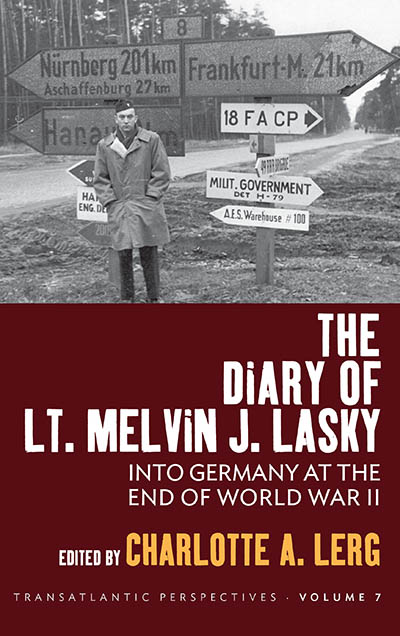 Published November 2022
Published November 2022 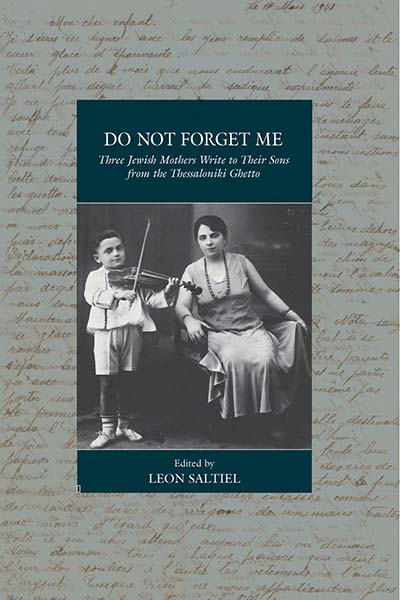 Published June 2021
Published June 2021 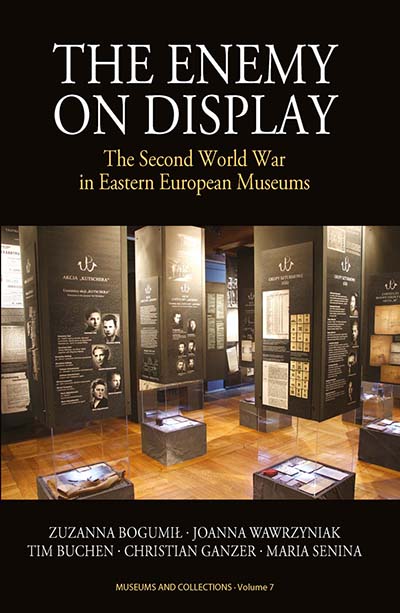 Published June 2015
Published June 2015 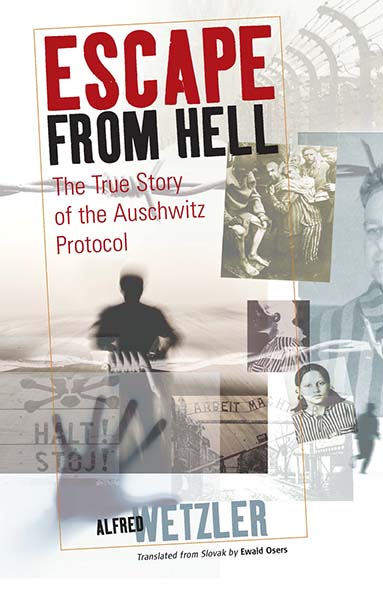 Published April 2007
Published April 2007 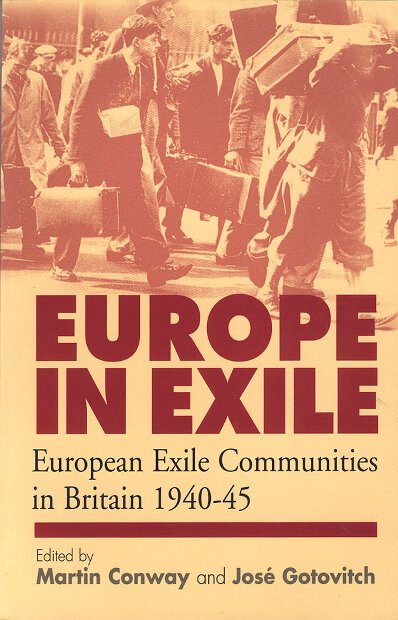 Published August 2001
Published August 2001 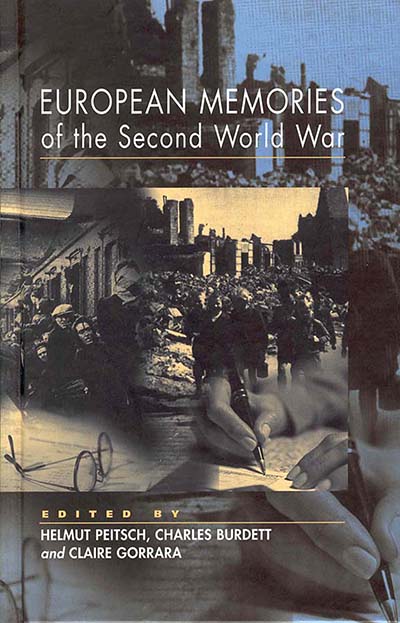 Published March 1999
Published March 1999  Published December 2010
Published December 2010 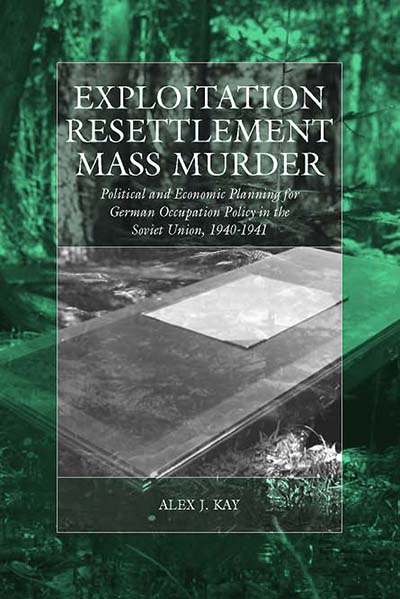 Published October 2006
Published October 2006 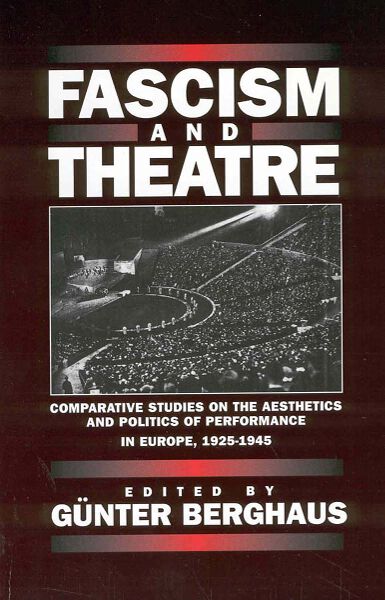 Published May 1996
Published May 1996 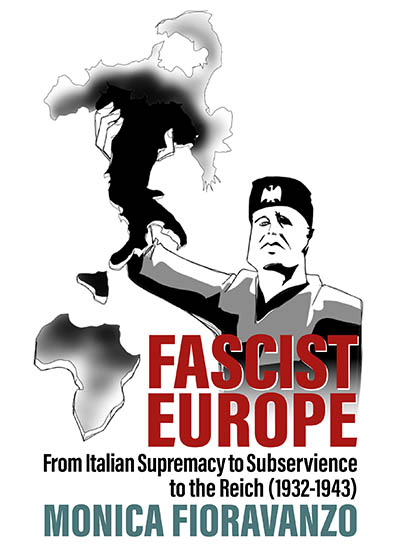 Published February 2024
Published February 2024 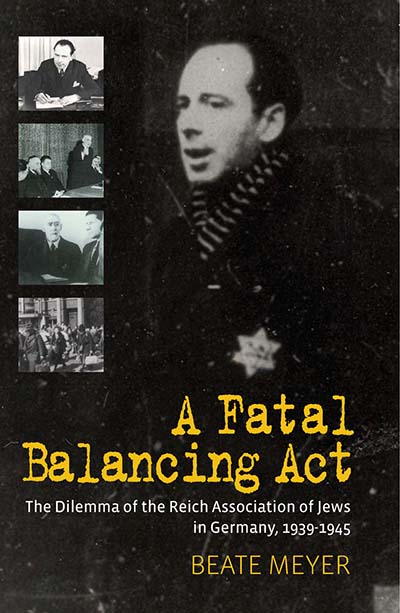 Published September 2013
Published September 2013 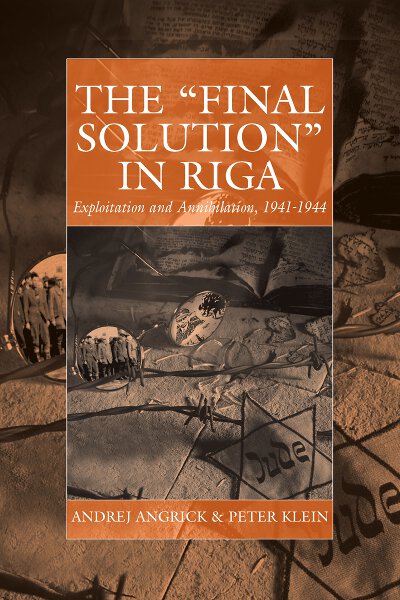 Published November 2009
Published November 2009  Published December 2003
Published December 2003 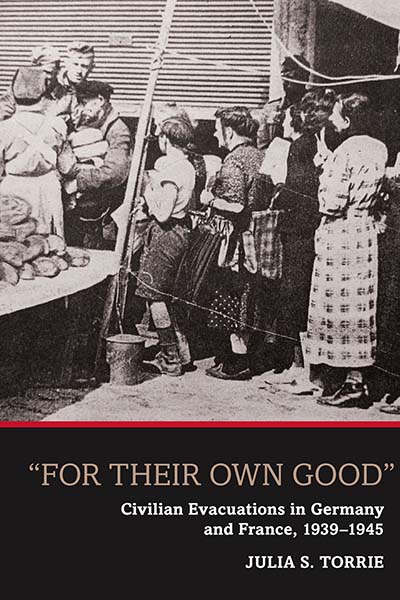 Published March 2010
Published March 2010  Forthcoming March 2026
Forthcoming March 2026 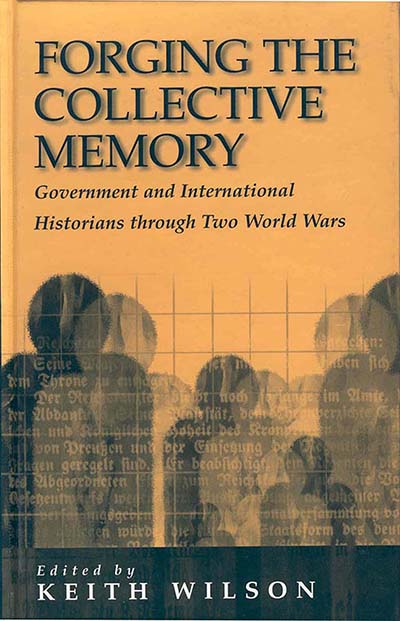 Published November 1996
Published November 1996 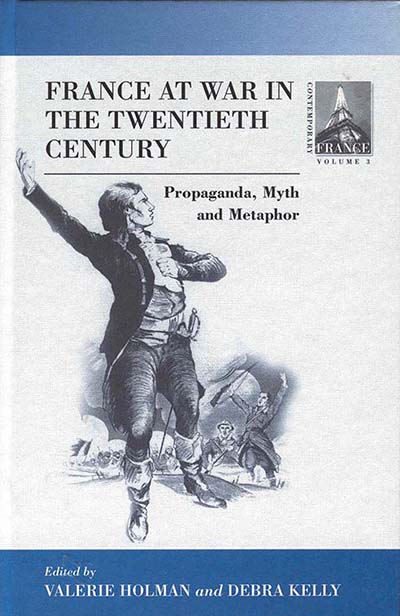 Published November 2000
Published November 2000 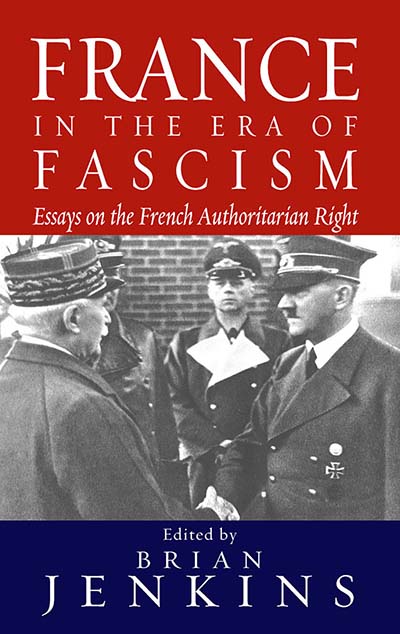 Published May 2005
Published May 2005 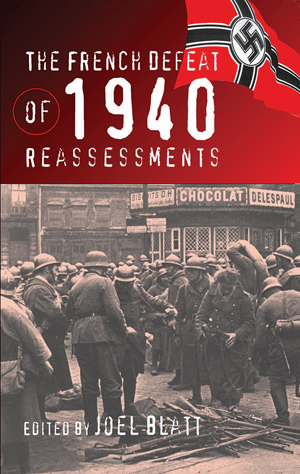 Published August 1997
Published August 1997 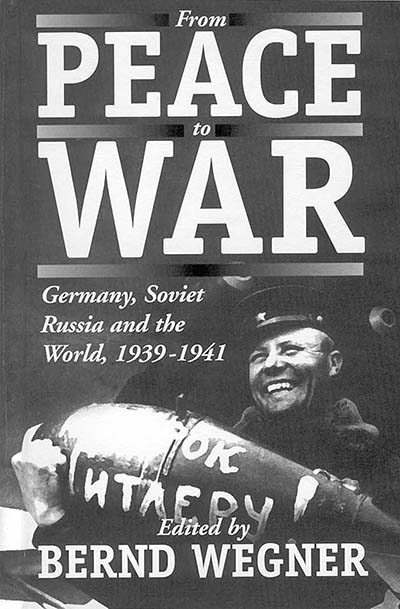 Published January 1997
Published January 1997  Published October 2025
Published October 2025  Published September 2025
Published September 2025 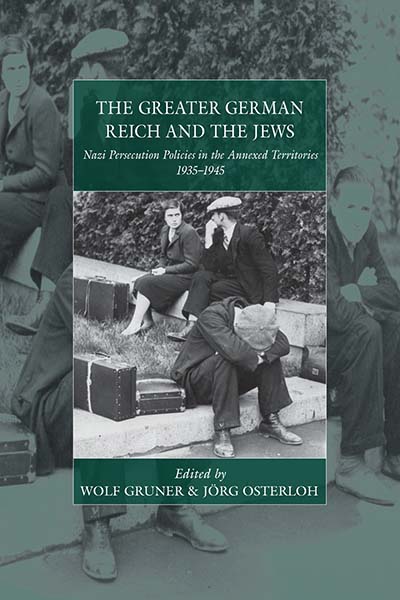 Published January 2015
Published January 2015  Published June 2025
Published June 2025 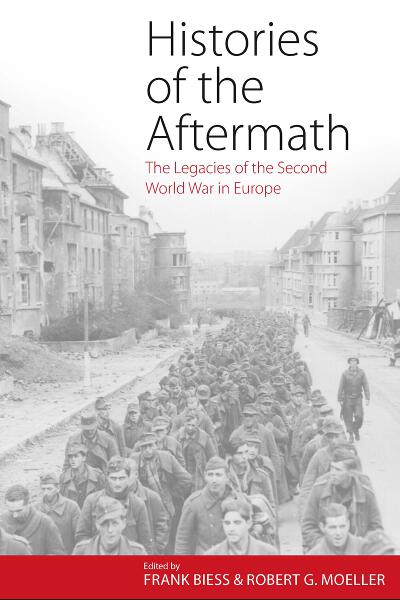 Published July 2010
Published July 2010  Published December 2025
Published December 2025 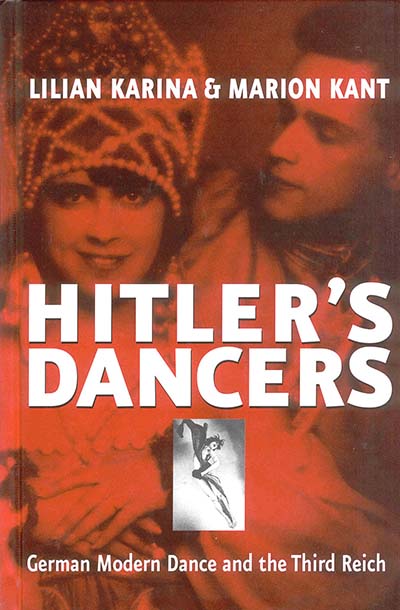 Published June 2003
Published June 2003 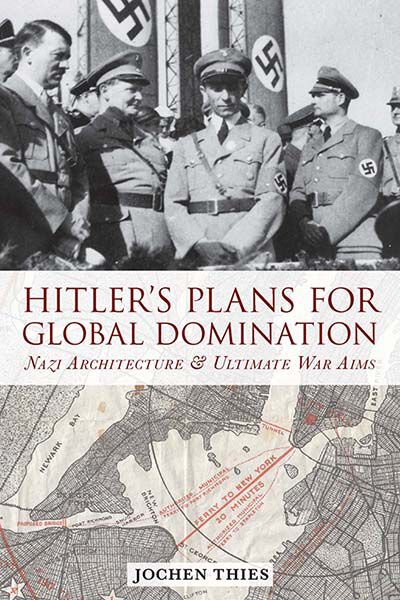 Published August 2012
Published August 2012 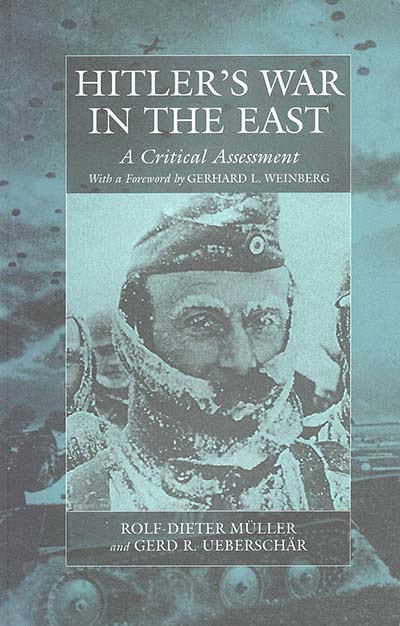 Published December 2008
Published December 2008 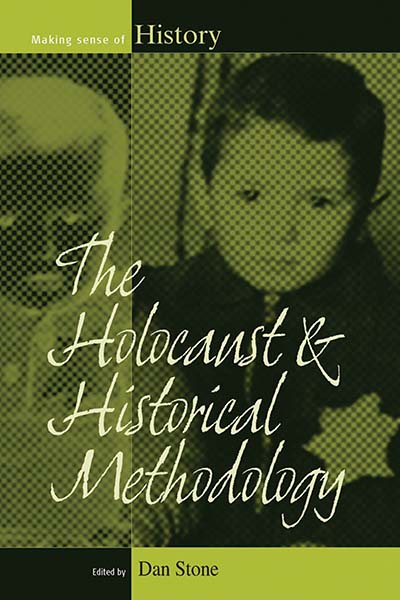 Published August 2012
Published August 2012  Forthcoming June 2026
Forthcoming June 2026 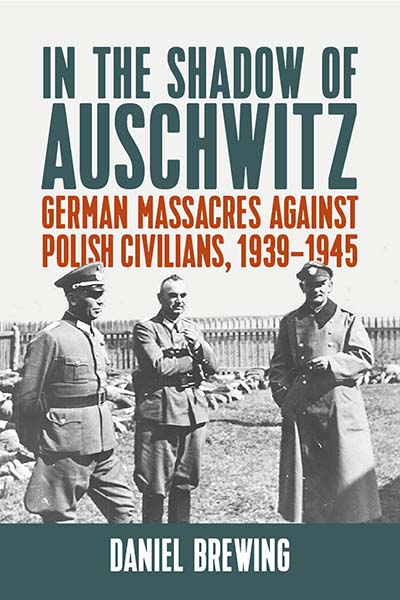 Published June 2022
Published June 2022 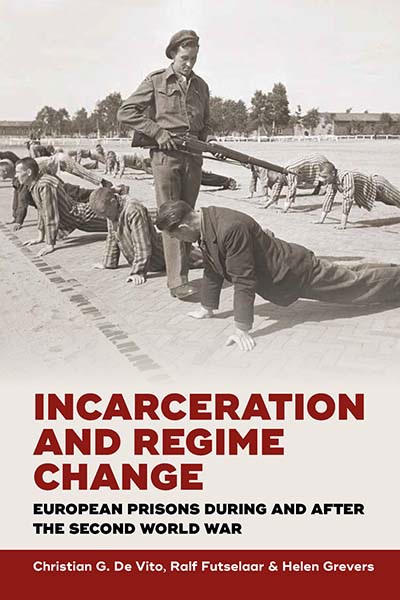 Published October 2016
Published October 2016 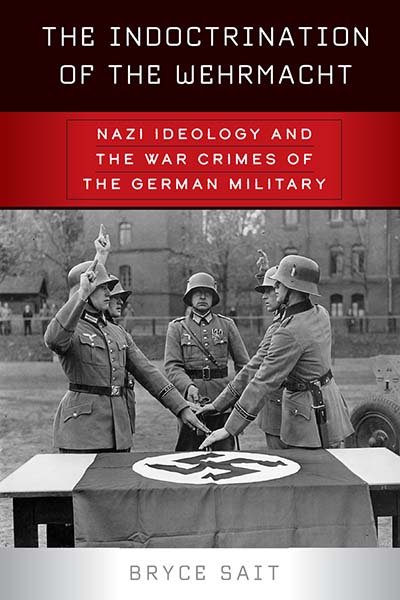 Published March 2019
Published March 2019 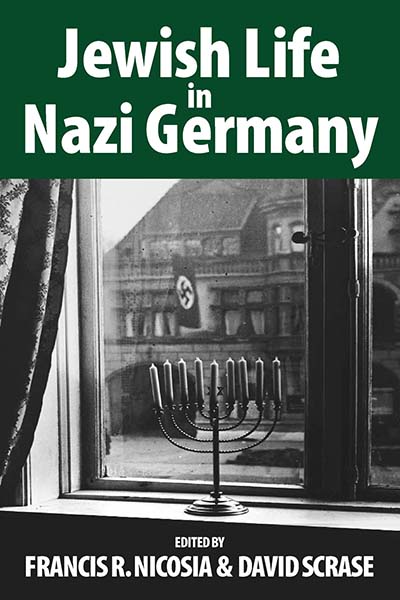 Published July 2010
Published July 2010 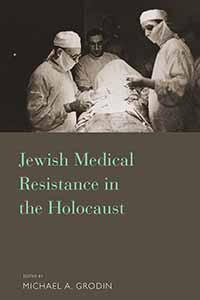 Published September 2014
Published September 2014 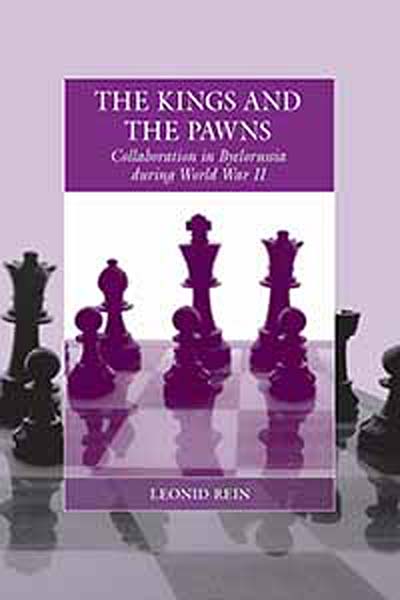 Published March 2011
Published March 2011 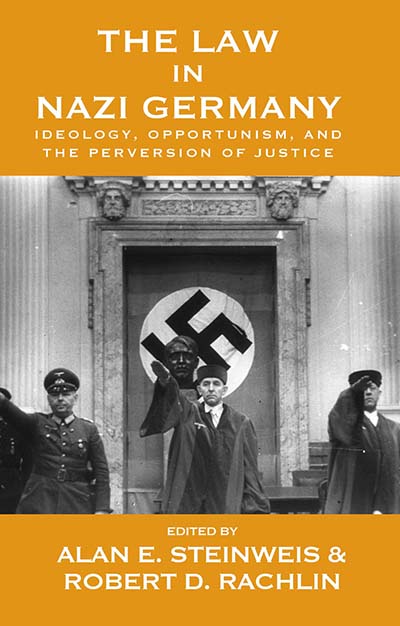 Published March 2013
Published March 2013 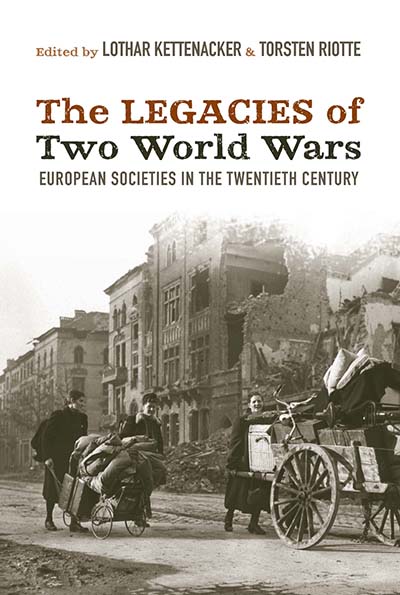 Published August 2011
Published August 2011 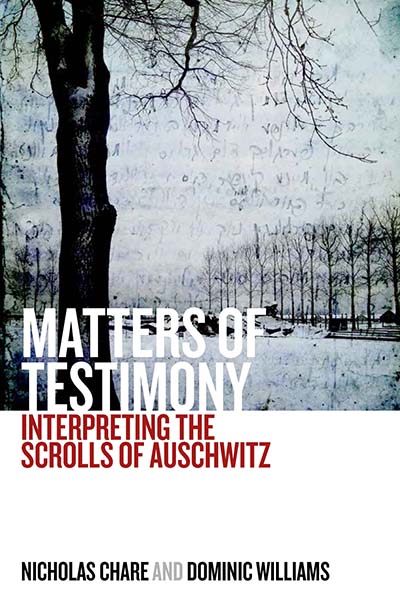 Published December 2015
Published December 2015 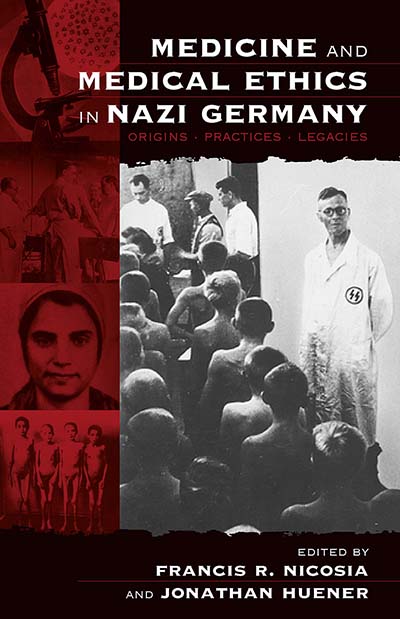 Published May 2002
Published May 2002 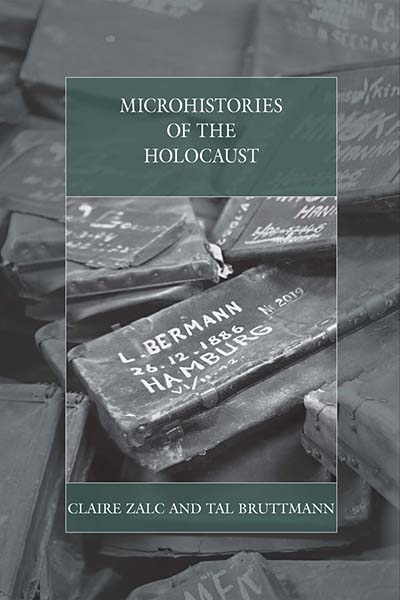 Published December 2016
Published December 2016 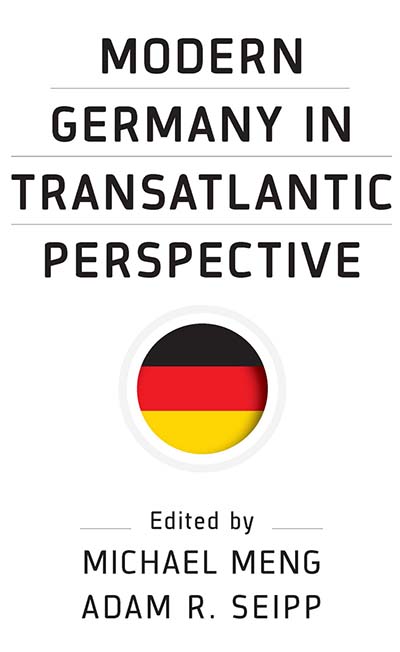 Published October 2017
Published October 2017 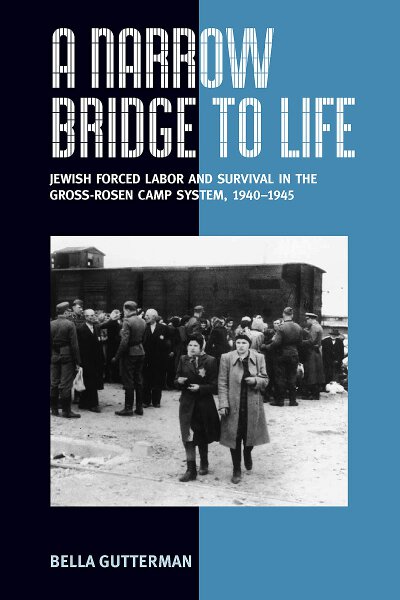 Published June 2008
Published June 2008 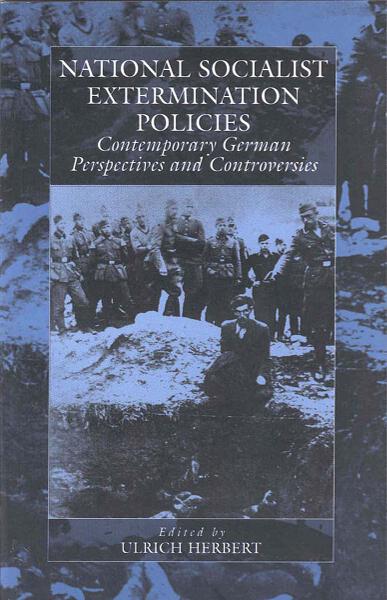 Published January 2000
Published January 2000 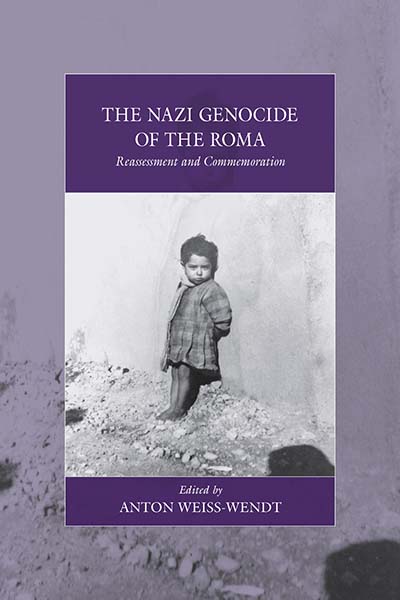 Published June 2013
Published June 2013 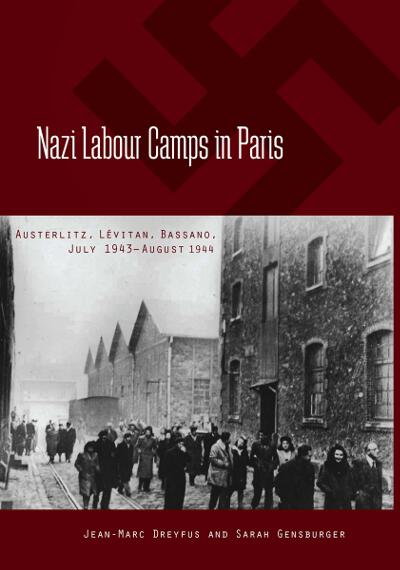 Published September 2011
Published September 2011 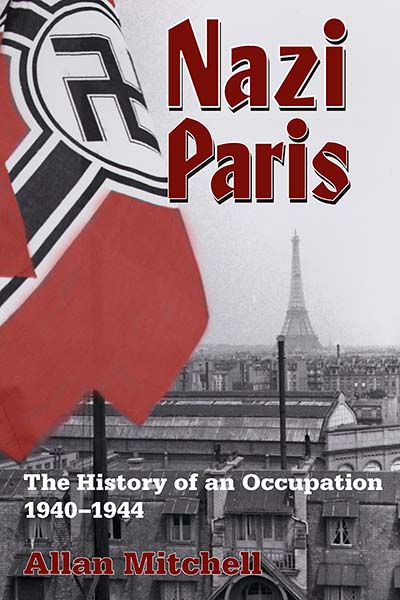 Published October 2008
Published October 2008 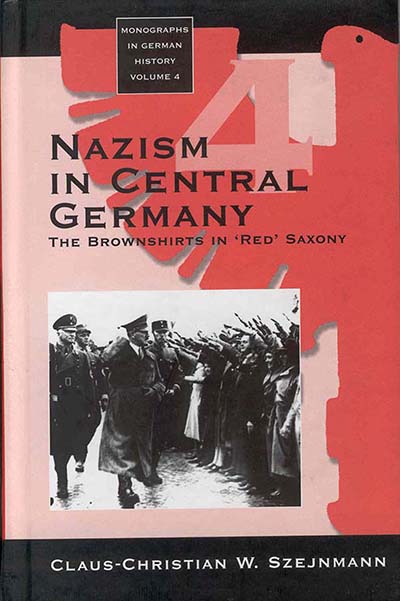 Published June 1999
Published June 1999 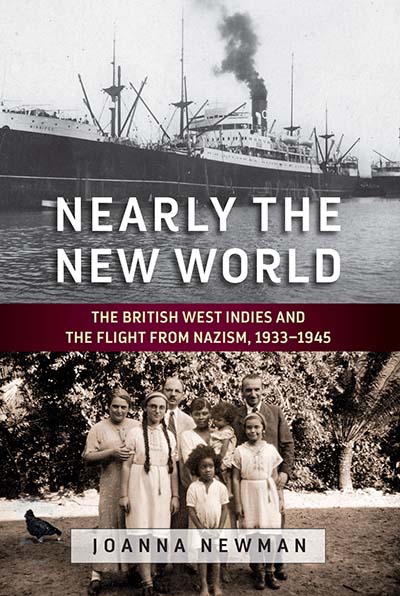 Published September 2019
Published September 2019 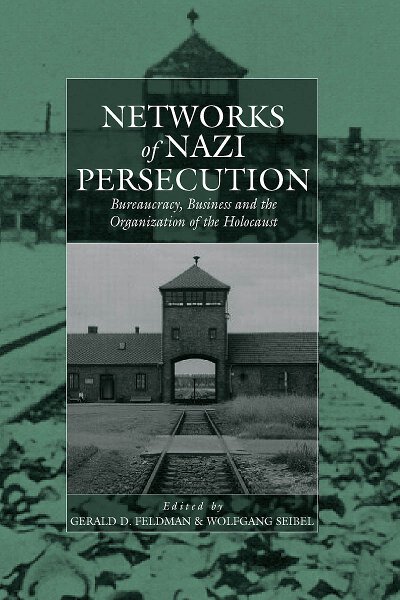 Published December 2004
Published December 2004 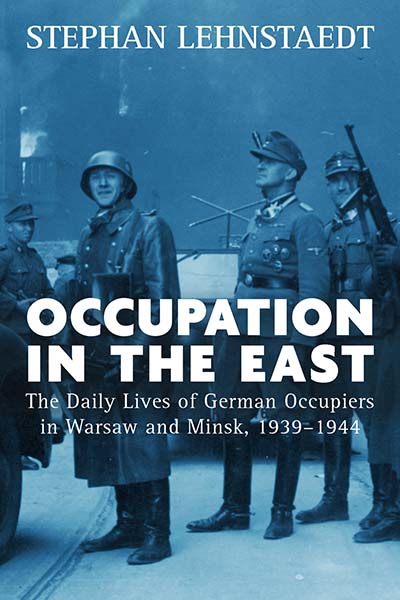 Published November 2016
Published November 2016 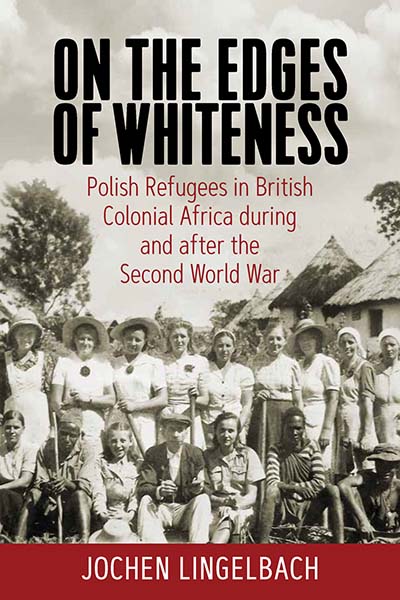 Published May 2020
Published May 2020  Published November 2024
Published November 2024 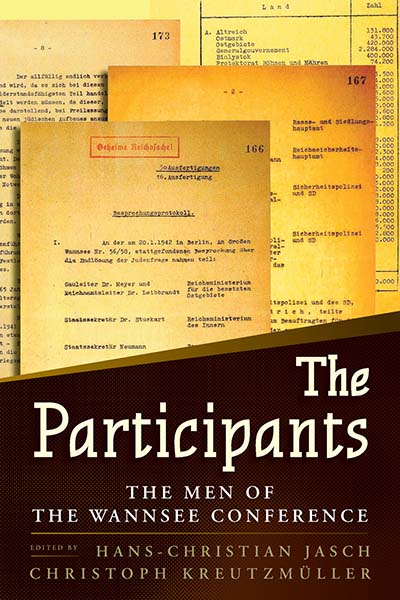 Published October 2017
Published October 2017  Published April 2025
Published April 2025 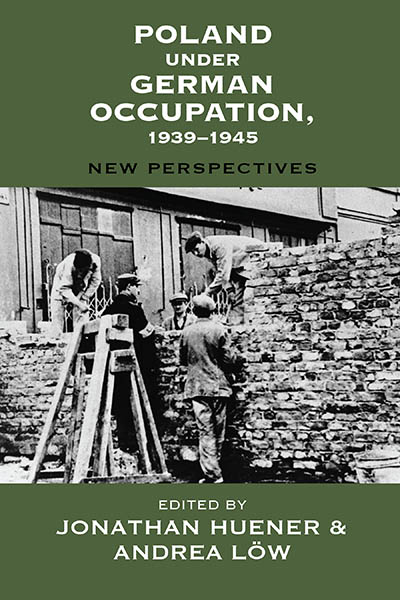 Published January 2024
Published January 2024 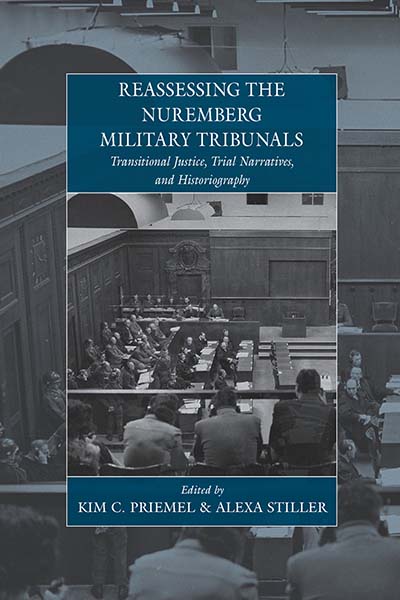 Published August 2012
Published August 2012 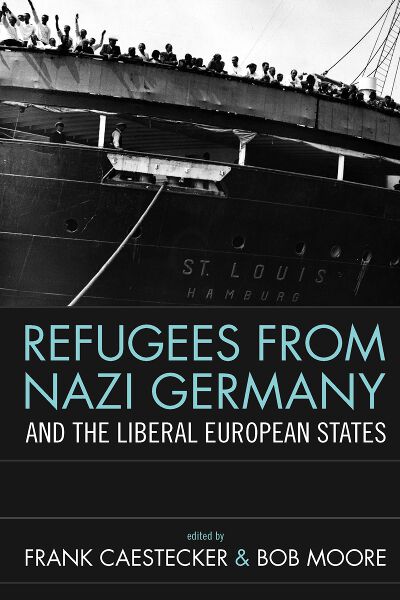 Published January 2010
Published January 2010  Forthcoming February 2026
Forthcoming February 2026  Published December 2021
Published December 2021 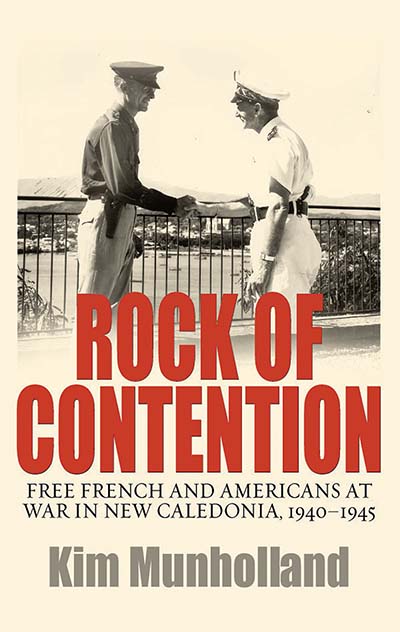 Published April 2005
Published April 2005 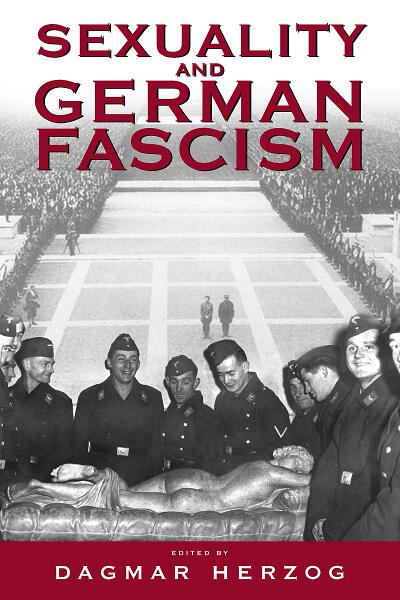 Published November 2004
Published November 2004  Published February 2003
Published February 2003  Published December 2012
Published December 2012 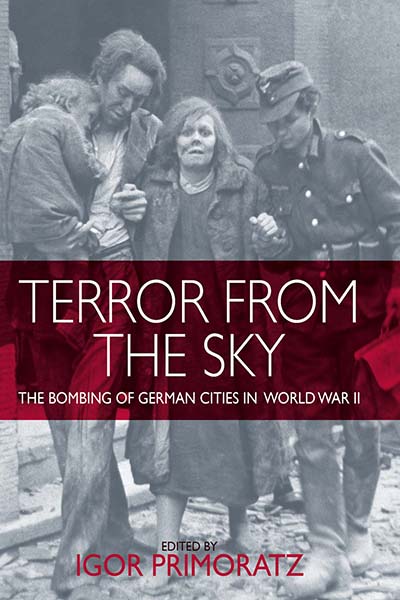 Published June 2010
Published June 2010 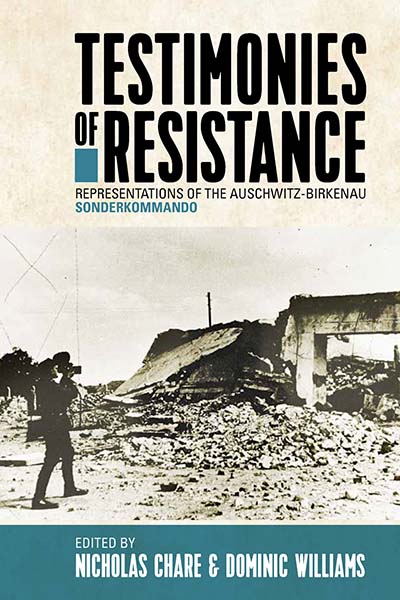 Published September 2019
Published September 2019 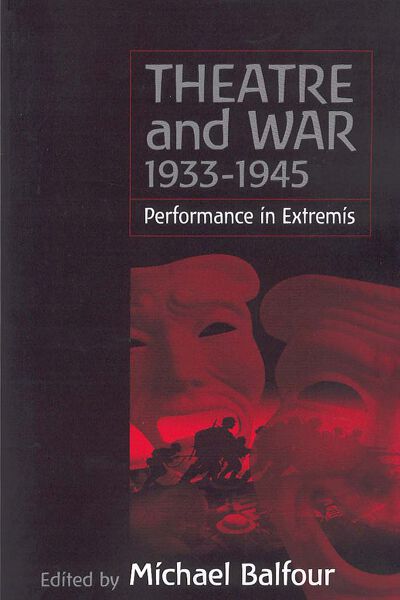 Published October 2001
Published October 2001 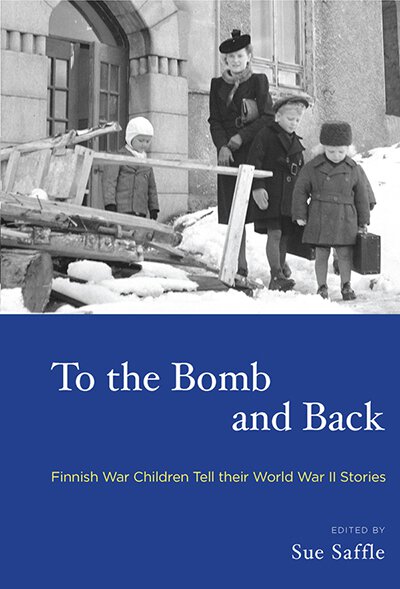 Published June 2015
Published June 2015  Published July 2009
Published July 2009 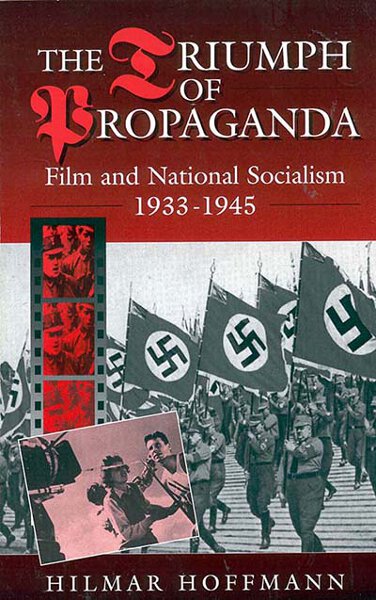 Published December 1995
Published December 1995 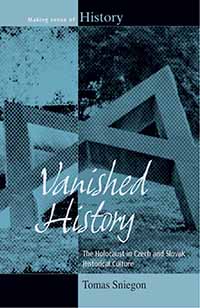 Published May 2014
Published May 2014 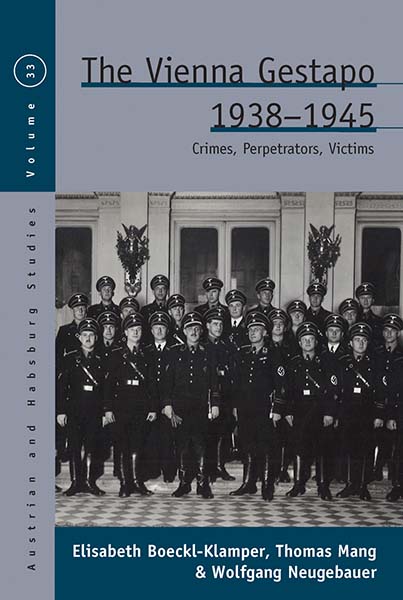 Published January 2022
Published January 2022 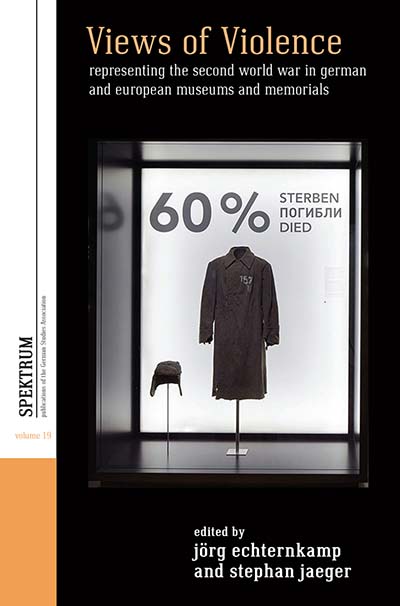 Published January 2019
Published January 2019  Forthcoming April 2026
Forthcoming April 2026 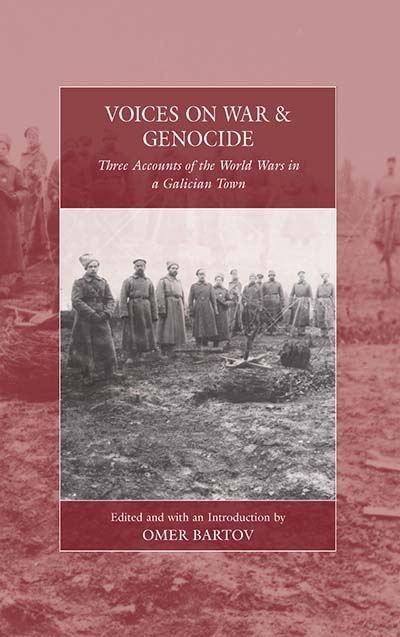 Published June 2020
Published June 2020 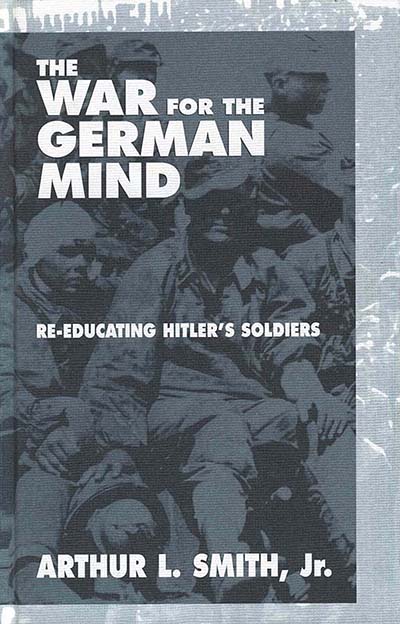 Published April 1996
Published April 1996 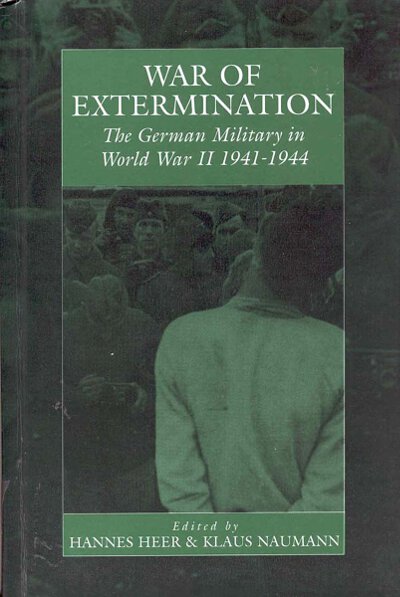 Published October 2000
Published October 2000  Published June 2025
Published June 2025